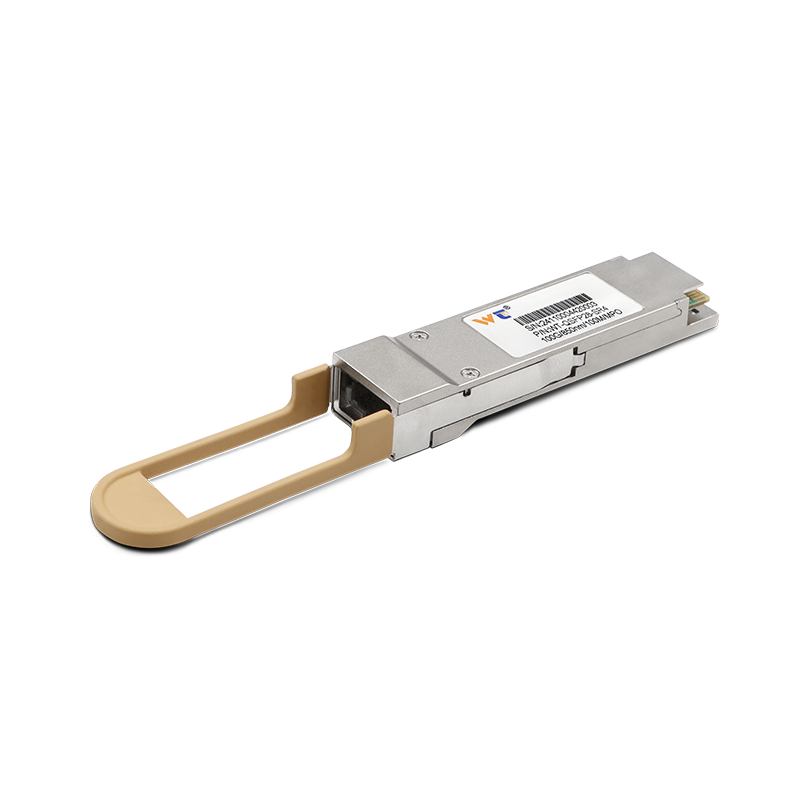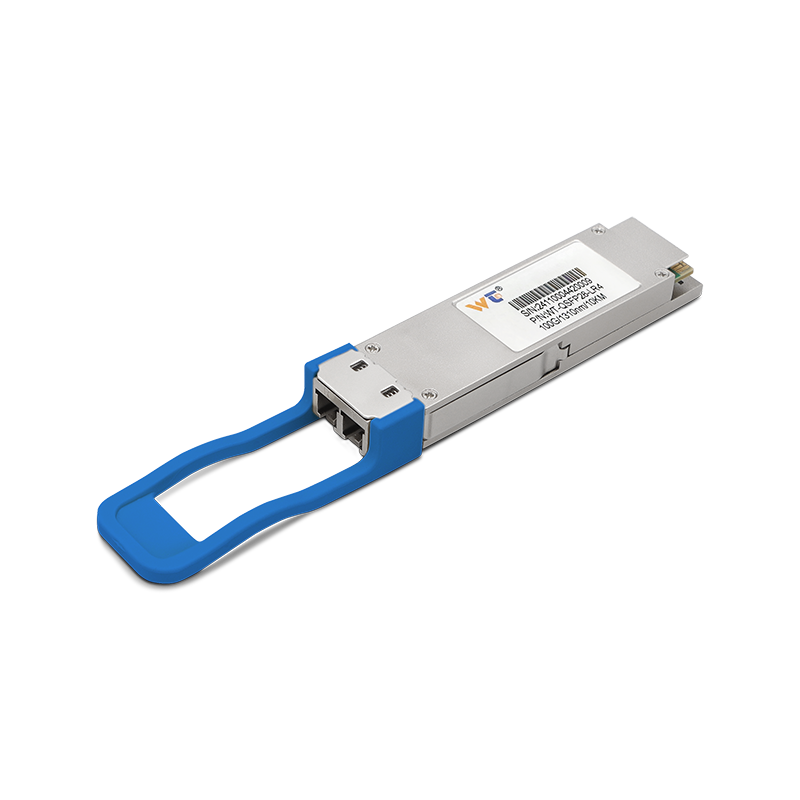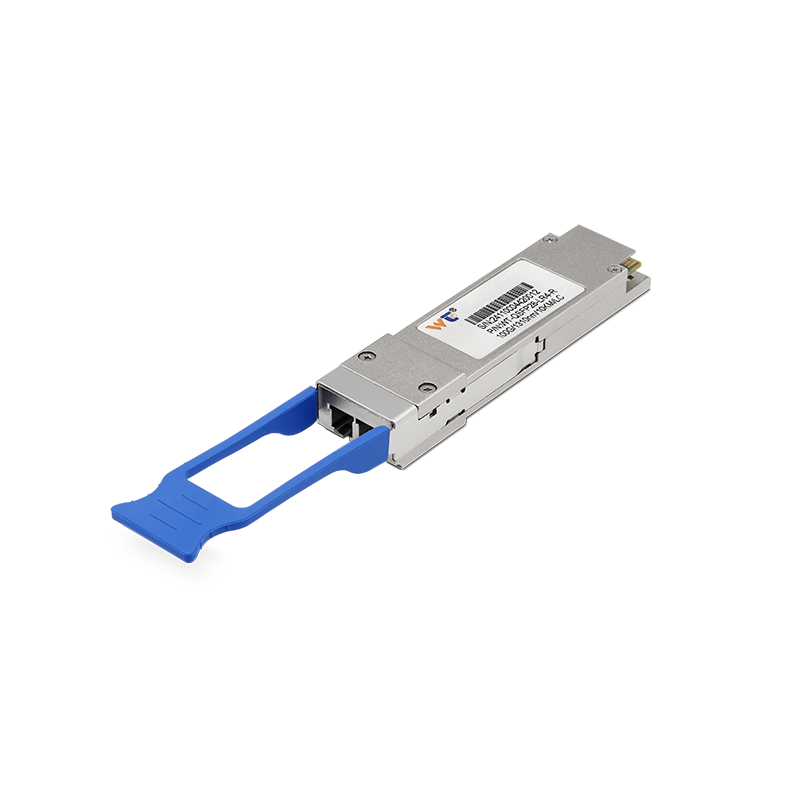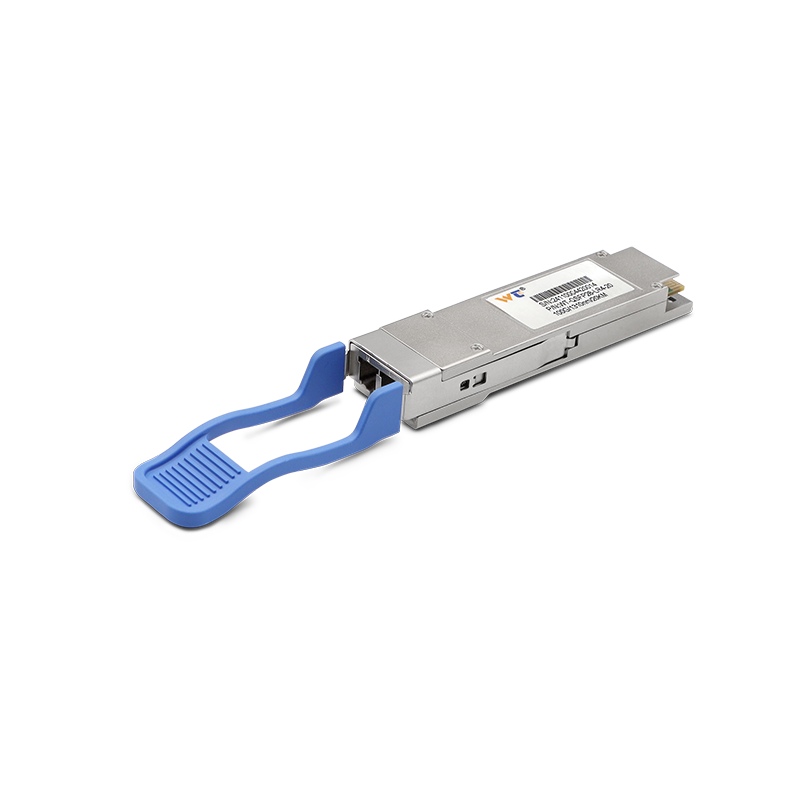In the rapidly evolving landscape of technology, optical modules are becoming pivotal to the growth of sectors like intelligent manufacturing. By 2025, we foresee an ecosystem where high-precision positioning will be integral, fueled by a surge in demand for reliable and efficient data transmission. This evolution underscores the role of 100G optical modules, which are tailored to offer exceptional performance in critical applications.
The optical module market is forecasted to witness significant trends driven by advancements in technology and the increasing need for bandwidth. As businesses transition to smart factories, the demand for optical modules—specifically 100G types—will soar. This is largely due to their ability to support high-speed data rates and minimize latency, crucial for real-time applications in manufacturing. For instance, companies are leveraging optical modules to enhance connectivity in automated production lines, fostering greater efficiency. The shift towards Industry 4.0 requires not just faster communication but also greater reliability and scalability in networking solutions.
Here’s a concise overview of crucial optical module technologies and their functions:
| Technology Type | Functionality | Applications |
|---|---|---|
| SFP+ (Small Form-factor Pluggable) | Provides up to 10G data rate | Short-range links |
| QSFP28 (Quad Small Form-factor Pluggable) | Supports up to 100G data rate | Data centers, high-performance computing |
| CFP (C Form-factor Pluggable) | Facilitates high-capacity data transmission | Long-distance telecommunications |
| DWDM (Dense Wavelength Division Multiplexing) | Increases bandwidth without additional fiber | Metropolitan area networks (MANs) |
Diving into the heart of this technology, we identify several major types of optical modules that stand out in today’s market. 100G optical modules are particularly noteworthy, providing remarkable capabilities for simultaneous light-path data transmission. They support various protocols, including Ethernet and OTN, which are essential for modern manufacturing environments. Furthermore, QSFP28 modules, specifically designed for high-density applications, deliver efficient power consumption paired with impressive thermal performance. As industries progress toward smarter solutions, the shift from 10G to 100G optical modules will become not just beneficial but critical to maintaining competitive advantages.
As we step into 2025, case studies illustrate how these modules are reshaping intelligent manufacturing. For example, a leading automotive firm implemented 100G optical networks to link their robotics systems across multiple assembly lines. This resulted in reduced congestion and increased data flow efficiency. Another instance is in electronic device manufacturing, where high-precision positioning enabled seamless integration of machines and human operators through real-time data transfer. These innovations reduce downtime and enhance production quality.
Our website proudly offers a range of optical modules that meet rigorous quality standards. Each product undergoes comprehensive testing to ensure top-tier performance across diverse application scenarios. Be it high-speed data transfer essential for processing vast amounts of information swiftly, or long-distance communication that demands reliability and stability—our 100G optical modules are engineered to fulfill your diverse needs. You can trust that our products will deliver both excellence and efficiency, enabling your operations to thrive in a competitive environment.
In conclusion, as we foresee the intersection of high-precision positioning technologies and innovative optical modules in intelligent manufacturing, it is clear that the future holds exciting opportunities. The trends in 2025 reflect a landscape where optimized connectivity will be the cornerstone of efficiency. Embrace the power of 100G optical modules to transform your business operations and stay ahead in the advanced manufacturing arena.






